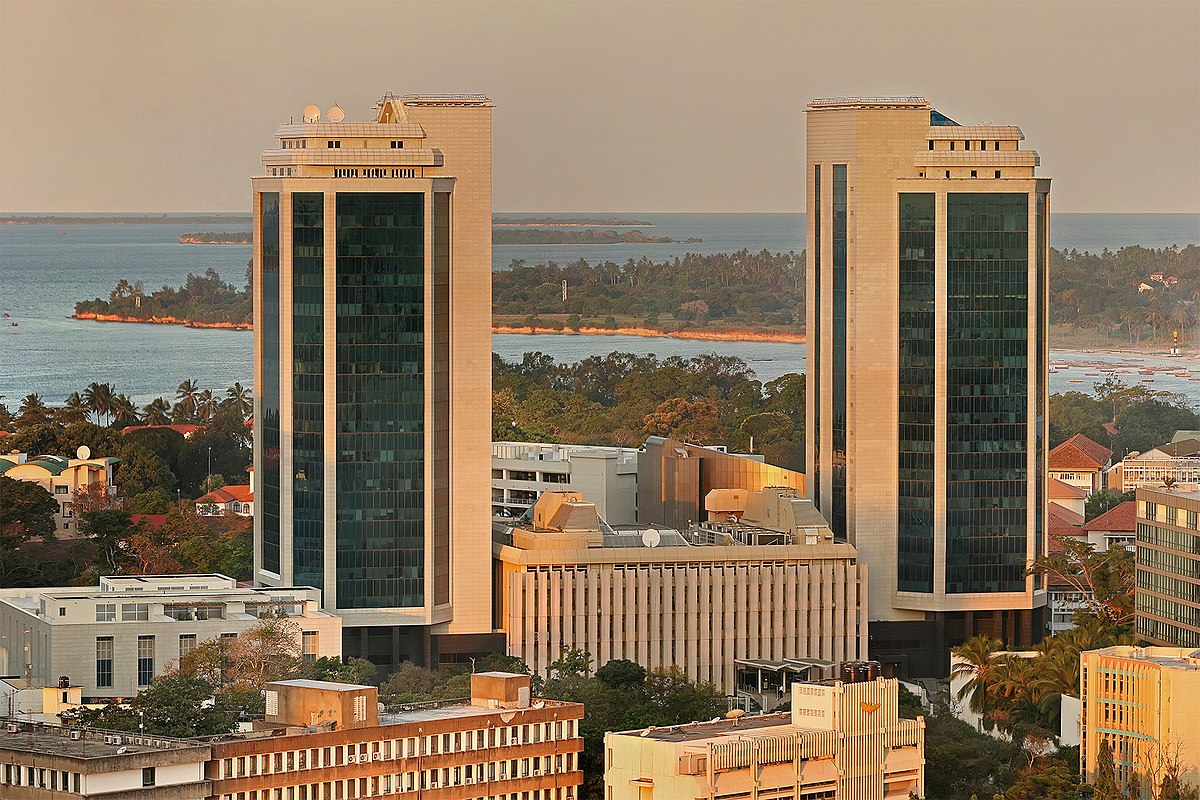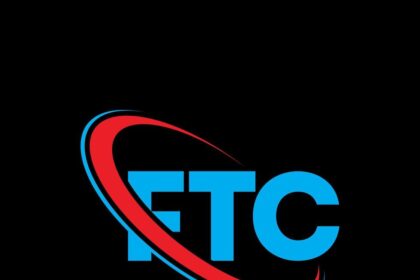Real-Time Paymen
Tanzania’s real-time digital payments surged in 2024, more than doubling in value to TSh29.9 trillion ($11.6 billion), according to the latest financial stability report by the Bank of Tanzania (BoT). This growth was driven by the Tanzania Instant Payment System (TIPS), which enables instant money transfers between banks, mobile wallets, and other licensed financial institutions.
Launched in 2020, TIPS processed 454 million transactions in 2024, nearly double the 236 million recorded in 2023, thanks to an increase in participating institutions from 33 to 46. The BoT hailed the system as a “key pillar in Tanzania’s digital financial infrastructure” that supports real-time payments and strengthens financial inclusion, especially among underserved populations.
Related: Alaan Raises $48M Series A to Scale AI-Powered Spend Management Across MENA
Tanzania’s centralized and interoperable payment model contrasts with Kenya’s market-led ecosystem, where Safaricom’s M-Pesa continues to dominate. While Tanzania’s mobile money network is growing, Kenya’s ecosystem remains far larger, with KES 8.7 trillion ($67.3 billion) in mobile money transactions in 2024, more than half of Kenya’s GDP.
To tackle access gaps in rural areas, Tanzania has upgraded its Financial Services Registry (FSR) with GIS-enabled tools to map financial service points and guide targeted expansion. As of December 2024, Tanzania had over 52,000 financial access points, yet rural districts still trail behind the urban average of 15 per 10,000 adults in areas like Dar es Salaam.
In contrast, Kenya boasted over 320,000 mobile money agents and an average of 11 access points per 10,000 adults nationwide in 2024, according to the Central Bank of Kenya.
Tanzania’s digital push, anchored by the TIPS platform and data-driven infrastructure planning, signals the country’s commitment to bridging the financial divide and scaling real-time, accessible payments nationwide.







